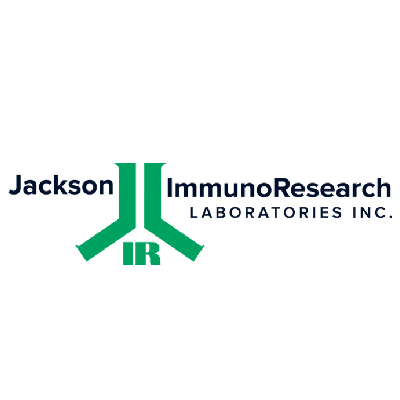 全部商品分类
全部商品分类

 下载产品说明书
下载产品说明书 下载SDS
下载SDS 用小程序,查商品更便捷
用小程序,查商品更便捷


 收藏
收藏
 对比
对比 咨询
咨询
Target: His Tag
Host: Rabbit
Antibody Format: Whole IgG
Specificity: Anti-His Tag
Conjugate: Alkaline Phosphatase
Product Category: Anti-His Tag Antibodies
Clonality: Polyclonal
RRID: AB_2892161
Whole IgG antibodies are isolated as intact molecules from antisera by immunoaffinity chromatography. They have an Fc portion and two antigen binding Fab portions joined together by disulfide bonds and therefore they are divalent. The average molecular weight is reported to be about 160 kDa. The whole IgG form of antibodies is suitable for the majority of immunodetection procedures and is the most cost effective.
Storage and Rehydration: Store freeze-dried solid at 2-8°C. Rehydrate with the indicated volume of dH2O (see product specification sheet) and centrifuge if not clear. Prepare working dilution on day of use. Product is stable for about 6 weeks at 2-8°C as an undiluted liquid.
Extended Storage after Rehydration: Add an equal volume of glycerol (ACS grade or better) for a final concentration of 50%, and store at -20°C as a liquid.
Expiration date: one year from date of rehydration. The expiration date may be extended if test results are acceptable for the intended use.
Buffer: 0.01M Tris-HCl, 0.25M NaCl, pH 8.0
Stabilizer: 15 mg/ml Bovine Serum Albumin (IgG-Free, Protease-Free)
Preservative: 0.05% Sodium Azide
Suggested Working Concentration or Dilution Range:
ELISA:- 1:5,000-1:50,000
Western Blot:- 1:5,000-1:50,000
Dilution factors are presented in the form of a range because the optimal dilution is a function of many factors, such as antigen density, permeability, etc. The actual dilution used must be determined empirically.
Alkaline Phosphatase
Alkaline phosphatase (from calf intestine) conjugates are prepared by a modified method of Avremeas et al., Scand. J. Immunol. 1978. 8 (Supple. 7), 7. Resulting conjugates contain heterogeneous, high molecular weight complexes. They are sensitive reagents for solid-phase immunoassays such as ELISA and Western blotting. Although alkaline phosphatase conjugates are sometimes used for immunohistochemistry, penetration into whole mount tissues may be limited by their large sizes.




